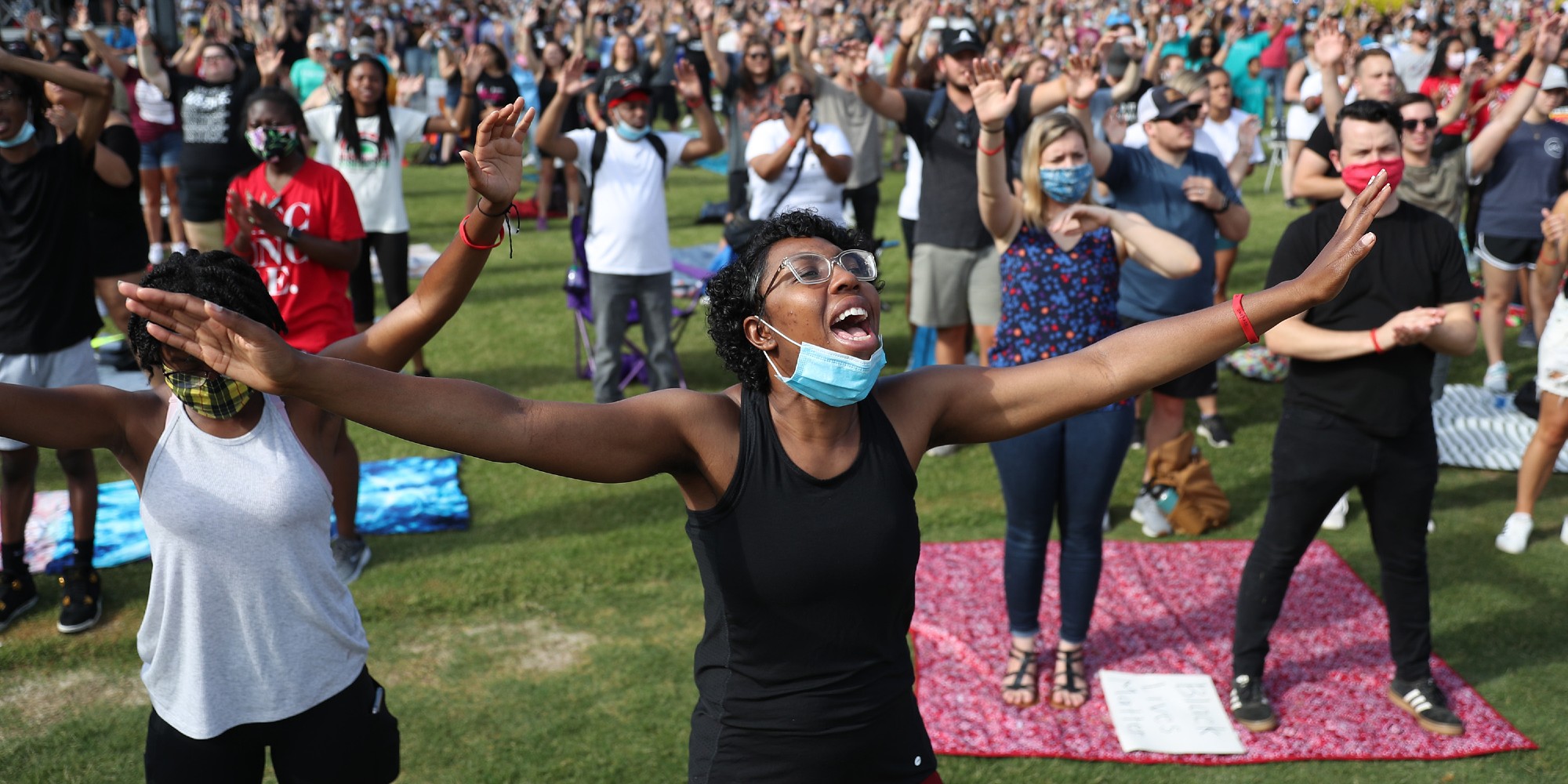Police violence, daily racism, segregationist past ... The United States commemorates this Friday the 155 th "Juneteenth" (contraction of June and 19 in English), that day of 1865 when the last slaves learned that they were now free. But this celebration of the abolition of slavery has a tenfold resonance in the midst of tensions and awareness of the persistent discrimination suffered by the black community, after the death of George Floyd in late May in Minneapolis.
>> Find all of Nathalie Levy's programs in replay and podcast here
Events planned across the country
Now a celebration for African-Americans, some want to see the "Juneteenth" become a national holiday just like the celebration of the independence of the United States on July 4. And if elected members of Congress are going to present a text to this effect, states like New York have already done it for their officials, just like certain companies, like Nike or Twitter.
To celebrate the event, thousands of people are expected to attend multiple protests from New York to Los Angeles, while several streets in downtown Washington are closed to traffic, and a heavy police presence is deployed near the White House, on the newly named Black Lives Matter Plaza, where protesters are scheduled to converge during the day.
>> READ ALSO - "He was one of my models": in Houston, George Floyd told by the inhabitants of his neighborhood
Donald Trump at the heart of a controversy
For his part, Donald Trump hit the headlines by claiming to have discovered the significance of this holiday only a few days ago by talking with a black agent from his protection service. He was also very criticized for having planned his big return to a campaign meeting this Friday in Tulsa, in Oklahoma, a city where up to 300 African-Americans were massacred by a white crowd in 1921. This choice was denounced as a provocation, forcing the president to postpone the meeting until the next day.
"With this controversy, I made 'Juneteenth' famous. No one had ever heard of it," he said in an interview. A sentence difficult to believe, since the White House published a press release each year of its mandate to celebrate June 19.

